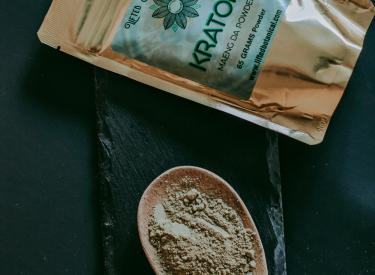
Addiction Policy Wins This Week in New York and California
It’s been a great week for addiction policy change from coast to coast.
In New York, an important naloxone co-prescribing bill is headed to the governor’s desk for a signature. Naloxone is a lifesaving medication that can reverse an opioid overdose in minutes, but not enough people know about it or have easy access to it. This new bill will require practitioners to co-prescribe naloxone along with opioids in several high-risk situations, like if the patient has a history of substance use disorder, if the opioid dosage is very high, or if the patient is taking both opioids and some kind of sedative, like a benzodiazepine.
Also in New York, a bill removing prior authorization requirements for Medicaid patients who need addiction medications has also passed the legislature. (Last year, a bill removing prior authorization requirements for patients with private insurance was signed into law by Governor Cuomo.) Decades of research prove that addiction medications are safe and highly effective. They should not be as difficult to access as they are, especially for patients who depend on Medicaid. This new bill is a big step toward equitable access to evidence-backed addiction care for all New Yorkers in need.
Finally, in California, a bill establishing a new mental health emergency hotline has passed the legislature, making it easier for people to access lifesaving care when they need it. 988 will be an easy-to-remember alternative to 911—using it will ensure the right kind of support arrives at the scene of a mental health crisis.
State policy is such an impactful way to make lasting change that will best serve the unique needs of local communities. If you live in New York or California, be sure to give your Governor’s office a call and voice your support for these important bills.




